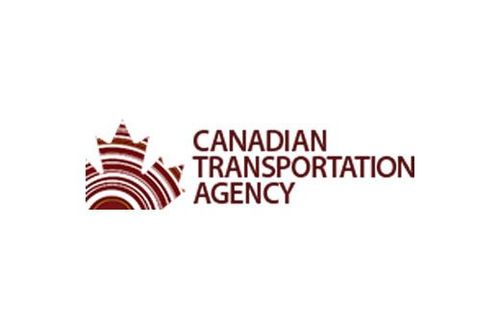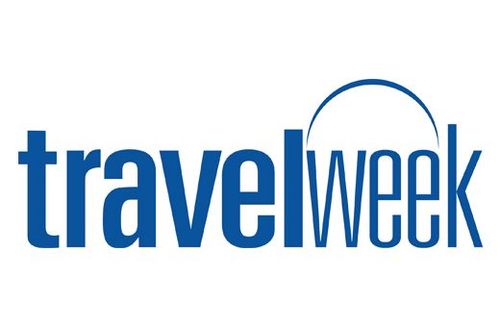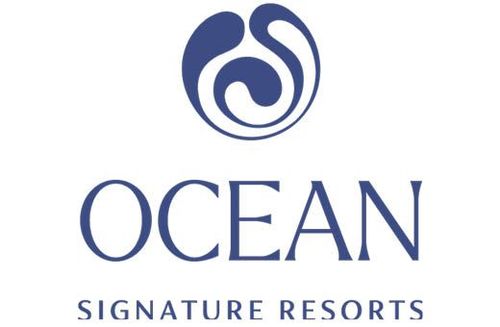Where travel agents earn, learn and save!
News / Complaints backlog mounts as CTA faces staff shortage
Tom Oommen, director general of analysis and outreach at the CTA, says the quasi-judicial body is trying to hire more facilitators who can help resolve customer complaints against airlines

Canada’s transport regulator says its backlog of air passenger complaints is growing as a staff shortage comes up against a summer of airport chaos — itself due in part to labour shortages.
Tom Oommen, director general of analysis and outreach at the Canadian Transportation Agency, says the quasi-judicial body is trying to hire more facilitators who can help resolve customer complaints against airlines.
“We are hiring,” Oommen said in a phone interview. “But people are always looking for other opportunities and places to leverage their knowledge. It’s kind of an employee’s market these days.”
The complaint backlog ballooned to more than 15,300 in May. It rose further “in the last month or so,” Oommen said, as a surge in travellers overwhelmed airline and airport resources following two years of muted demand.
Oommen said it’s “entirely possible” the regulator will receive more than 15,000 new complaints — distinct from the existing backlog — this fiscal year, which began April 1. That total would top the 12,158 fresh complaints from the previous 12 months, many relating to refunds withheld following flight cancellations by airlines.
It takes about 19 business days on average to resolve a complaint once it reaches an agency facilitator. However, it takes about a year before that file lands on their desk, with case numbers continuing to climb, Oommen said.
Complaints seeking compensation for flight delays and cancellations — and, more recently, misplaced luggage — comprise the bulk of cases, he said.
Worker retention is among the staffing challenges facing the Gatineau, Que.-based regulator, which pays new facilitators between $65,500 and $70,700 per year, according to a federal government job posting.
The potential for more complaints came in the form of an agency decision last month. On July 8, it ruled that crew shortages causing cancellation or delay typically does not allow an airline to refuse compensation — the amount can be as much as $1,000 — to affected travellers.
Carriers such as Air Canada and WestJet had been categorizing flight disruptions caused by staff shortages as a “safety” issue and thus ineligible for compensation claims under federal rules.
Despite the recent tribunal decision against that stance, Air Canada said in late July it was continuing the policy, which it first told staff to adopt in a Dec. 29, 2021 directive obtained by The Canadian Press.
“The decision provides a level of interpretation that we haven’t had before with respect to the categorization of crew shortages,” Oommen said, calling the ruling “significant.”
If it pushes airlines to discontinue the policy, however, then fewer complaints related to compensation for delays and cancellations could arise. Oommen also noted that each case is unique, including those involving flight disruptions caused by lack of workers.
“If a crew shortage is due to the actions or inactions of the carrier, the disruption will be considered within the carrier’s control for the purposes of the APPR (Air Passenger Protection Regulations). Therefore, a disruption caused by a crew shortage should not be considered ‘required for safety purposes’ when it is the carrier who caused the safety issue as a result of its own actions,” the agency said in an email, paraphrasing its ruling.
Advocates have questioned why the regulator has not gone after airlines for possible breaches of the APPR, also known as the passenger rights charter.
While the agency acts as mediator and adjudicator in individual cases brought by customers whose compensation claims were rejected by an airline, it also has the power to investigate and fine companies that violate the Canada Transportation Act.
Since the passenger rights charter came into effect in 2019, the agency has issued no monetary penalties against airlines over lack of compensation for flight delays or cancellations.
Its enforcement officers have handed down $75,400 in fines against carriers since March 2021. Air Canada’s pre-pandemic annual revenue totalled $19.13 billion, while WestJet’s was $4.73 billion 2018, the last fiscal year before Onex Corp. purchased it.
Oommen said complaints are the main mechanism to ensure regulatory compliance, with penalties usually reserved for more “black and white” breaches that are “relatively straightforward to enforce.”
“The only way to make the passenger whole is through the complaints process,” he said.
Interpretations of more nuanced rules offered up via tribunal decisions can help guide enforcement officers in how they probe companies and apply penalties, Oommen said.
“That, ultimately, is what changes behaviour … because at a certain point airlines have an idea, they have the signal: ‘OK, I can take this case 10 times to the agency and the agency’s always going to say the same thing.’”
Officers can demand documents and search premises and opt to launch investigations based on a tip line, news reports and “incoming complaints and looking for systemic issues,” he added.
Source: Travelweek










